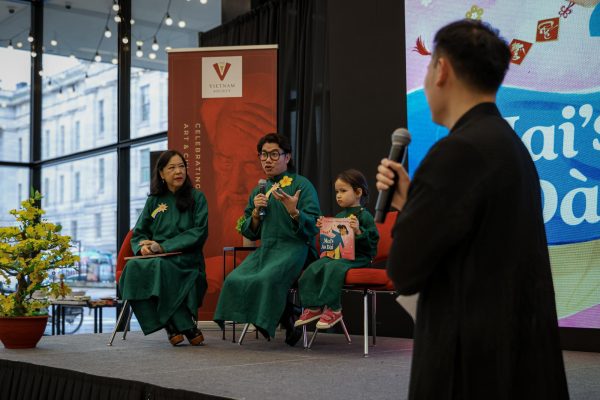No, the Pro-Choice Movement is Not Like the Nazi Party
But then in the fourth paragraph, Wallin writes, “As a Jew, I feel deeply uncomfortable with humans deciding which lives are worthy enough to exist. On some level it reminds me of the Nazis.”
It is an unspoken rule of debating that if you actually want to have a productive discussion, comparing your opponents to Nazis gets the conversation off to a rough start.
Mostly because it is wildly off-base. Wallin is correct that some earlier members of the pro-choice movement were also involved in a level of eugenics, most notably Margaret Sanger. Wallin notes that Sanger was involved in what is now Planned Parenthood of America; what he does not mention is that it began almost 100 years ago, under a different name, with an exclusive focus on birth control and has undergone “many upheavals”:http://www.plannedparenthood.org/about-us/who-we-are/history-and-successes.htm since.
If we characterized everyone by where their family or profession was 100 years ago, we would be in some serious trouble.
In the last few days I have witnessed an incredible amount of discomfort from Jewish students on campus who both identify with their religious community and support a woman’s right to choose. In the comments on Wallin’s original article, Facebook, and in person, people have expressed their discomfort with the way Wallin chose to speak for an entire community of which he is one part.
Similarly, Sanger is one moment in the history of the pro-choice movement.
AU’s pro-choice movement, on the whole, is very different. Modern iterations of pro-choice work tend to focus their efforts around a global reproductive justice framework, that is, ensuring that every single person has the knowledge and power to make their own choices about their bodies and families. The institutional pro-choice movement on campus, AU Students for Choice, is focused on inclusivity and reproductive justice. The group frequently holds events addressing intersectionality and how reproductive issues affect different groups.
Wallin is right, though, that conservative viewpoints are given few safe spaces in the discourse at AU. My best friend is fiscally conservative but socially liberal and afraid to identify himself as a Republican in classes because such voices are quickly shot down in many classrooms. Debate should be encouraged in academia and beyond, but that has to take the shape of civil discussion, where each side genuinely wants to gain understanding from the exchange or it is worthless.
All issues deserve debate, but a name-calling, out-of-the-blue shock piece in The Eagle that cites opinion stories from radical anti-choice website “Life News”:http://www.lifenews.com/ is not a debate.
_UPDATED: AU Students for Choice have since published “their own response”:http://www.theeagleonline.com/article/2013/11/oped-promoting-reproductive-justice-at-au in_ The Eagle’s _op-ed section._











